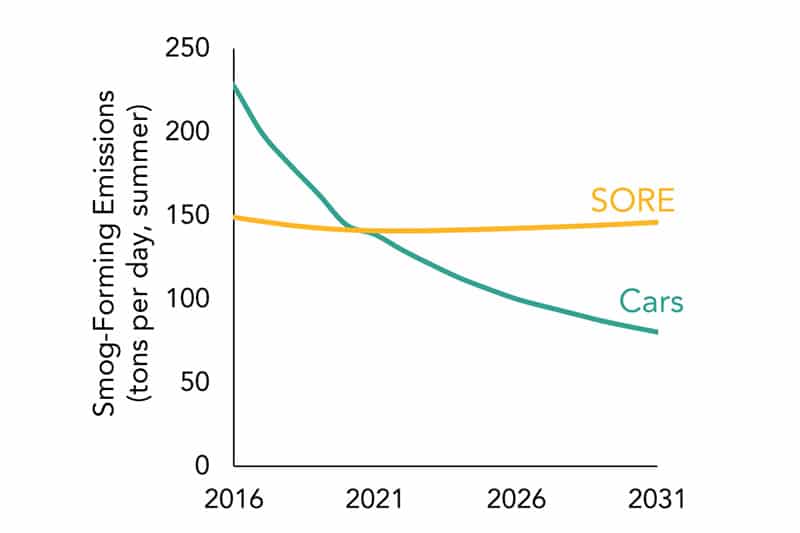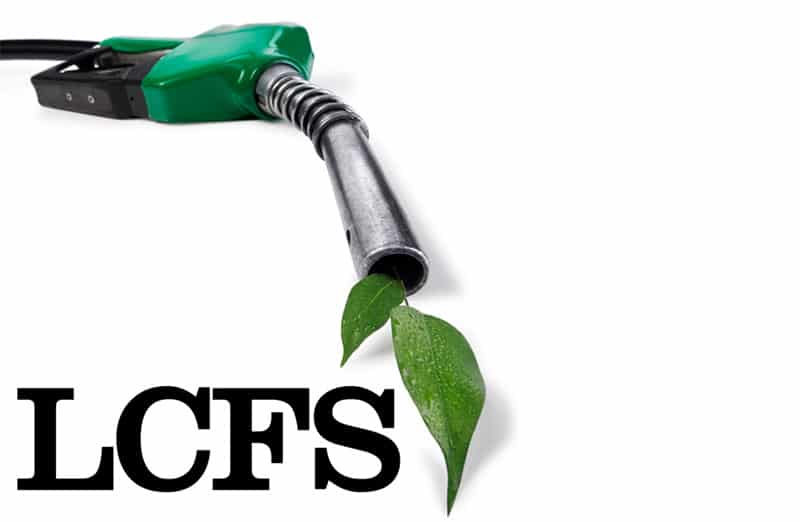
How did you get started in engine certification at ECO? – By complete chance! I previously worked as an Engineering Services contractor to analyze and map power distribution, along with joint-use (fiber optic, telco and cable lines) to ensure compliance, then transitioned to supporting custom reporting and analysis software for the Oil & Gas industry to aid some very talented engineers and geologists at Devon Energy with their drilling operations. After the oil & gas industry tanked in 2016, I spent some time studying programming and database interactions, and had a chance encounter with CEO Josh Pietak around the summer of 2017.
We got to chatting about what ECO did, and at the time he was looking to streamline some of the operations and programs. After going over some potential options based on our discussions, Josh offered me a short-term contract position to do some automation work to mitigate some of the more tedious aspects of the certification programs. After working with Mark Celio for a few months to develop some streamlined processes, I was offered a full-time position and moved back out to California to work with the firm. Shortly thereafter, the previous NRSI Program Manager left his position, and based on my performance, ECO offered me an opportunity to take over his clients and position. The rest, as they say, is history.
What do I do now at ECO? – I’m currently the senior NRSI Program Manager, though we’re a small firm, so we all wear a number of other hats as the need arises. My primary role is to manage the NRSI (Non-road Spark Ignited) engine manufacturers that ECO represents, which includes the LSI, SSI and MSI categories (Large Spark Ignited, Small Spark Ignited, and Marine Spark Ignited, respectively). This includes discussions with our clients around new & existing engine platforms, discussions with EPA & CARB staff on applications and fringe use-case situations, the annual re-certification of engine families, and keeping up with the wide array of new developments from the governing agencies, both in regards to regulations and policies, and the systems and online portals to interact with the agencies.
In addition, I spend a lot of time working to refine the existing company resources and get out ahead of potential problems. While the EPA and CARB both have the same goal to manage and reduce emissions output, they can vary significantly in their approach and required methodology, so it takes a lot of finessing and negotiation to get engine platforms aligned appropriately with both agencies. As a small example, the requirements for gasoline fuel used in emissions testing for EPA and CARB programs are no longer aligned, and it took a significant amount of planning, negotiation and discussion to ensure that current gasoline engine manufacturers that had certified for EPA & CARB were fulfilling the requirements of both agencies in a satisfactory manner moving forward.
What do I see coming down the pipeline in the specific field I work in? – That’s hard to say, since I don’t have a crystal ball, but I suspect emission limits will be further reduced as better technology permits lower output. I also see the reporting systems increasing in complexity and granularity so that the agencies continue to get a clearer understanding of what’s being produced by manufacturers. While this is definitely a good thing in the long run, there are always some growing pains when undergoing a process like this, and ECO will be there to assist our manufacturers through the ups and downs.


